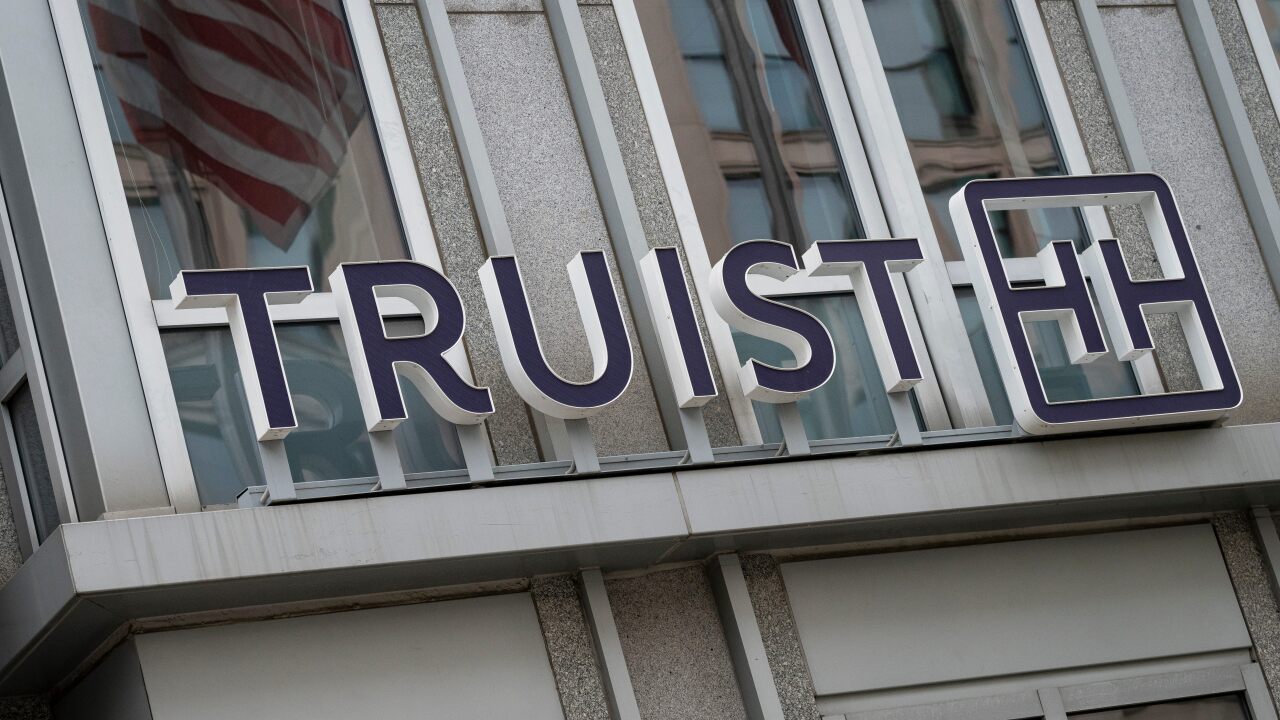Thornburg Mortgage Inc., which averted bankruptcy nearly a year ago, is once again racing against the clock to raise financing.
The Santa Fe, N.M., lender and real estate investment trust has until March 13 to replace a $4 billion facility it has with five lenders. If the company fails to do so, "everything would be liquidated and we'd be gone," Larry Goldstone, the president and chief executive officer, said in an interview last week.
A few weeks ago, it appeared MatlinPatterson Global Advisers LLC, Thornburg's lead investor, had found a solution: A group led by the New York private-equity firm agreed to invest $250 million for a controlling stake in Flagstar Bancorp Inc., a thrift company in Troy, Mich.
But Mr. Goldstone did not sound optimistic about the widely floated idea that Flagstar's deposit base could be used to finance his company's portfolio.
There is "some possibility" that could happen, but "Flagstar would have to raise $4 billion in new deposits pretty much right away and that's not a likely prospect," Mr. Goldstone said. "They've already tapped their access to the Federal Home Loan Bank and they've got their own issues." (According to Flagstar, it had drawn $5.4 billion of its $7 billion approved line with the Federal Home Loan Bank of Indianapolis as of Sept. 30. The Home Loan bank said Flagstar was the biggest user of advances among its member banks, with nearly 18% of the total.)
For one thing, the MatlinPatterson group's investment in Flagstar hinges on Flagstar's ability to obtain a matching equity investment from the Treasury Department.
Flagstar would not discuss the situation Tuesday. MatlinPatterson did not respond to inquiries by press time.
Terry McEvoy, an analyst at Oppenheimer & Co., said that when MatlinPatterson announced the deal with Flagstar last month, "it sounded exciting because Flagstar, as a thrift, could provide a funding alternative" to Thornburg.
"But you can't overlook the challenges that Flagstar is facing themselves as well as the challenge of being a mortgage lender in Michigan," Mr. McEvoy said. "The company has been losing money and the implications have been quite severe," though he said he expects its application for Tarp funds will be approved.
Mr. Goldstone said Thornburg's credit facility is secured by mortgage assets that have a face value of about $7 billion but have fallen so far in market value that they are now worth less than the $4 billion owed.
Aside from a potential tie-up with Flagstar, he said Thornburg "has plenty of irons in the fire and ideas to pursue" to replace the facility.
He would not elaborate, except to say he agrees with the surge of voices calling for the Treasury to return the Troubled Asset Relief Program to its original purpose — buying troubled assets. Moreover, the kind of assets Thornburg specializes in — jumbo loans to affluent, creditworthy homeowners — should qualify as "troubled" because of their illiquidity, Mr. Goldstone said.
If the government were to use Tarp funds to buy large amounts of private-label mortgage securities, it could improve liquidity and bolster prices for Thornburg's assets, he said.
Mr. Goldstone said the government could "make a nice profit" by purchasing mortgage bonds such as Thornburg's, which at current prices yield anywhere from 5% to 12%.
"There are plenty of troubled assets out there, but there are also plenty of good-quality assets to buy," he said. Only 1.58% of the loans in Thornburg's portfolio were 60 days or more past due as of Sept. 30. That was up from 0.27% a year earlier but still compares favorably to an industry average of 9% calculated by the Mortgage Bankers Association.
"I definitely think the Treasury missed the boat when they changed the direction of the Tarp program from asset purchases to capital, because a lot of value would have been gleaned if they had bought large amounts of mortgage-backed securities and asset-backed securities from August until now," Mr. Goldstone said.
Instead, money-center and investment banks that received Tarp equity investments dramatically cut back on repurchase facility financing to concentrate on shoring up their balance sheets, he said. The banks "are all shrinking their balance sheets and so they're eliminating the demand for mortgage securities, because nobody can buy them and get financing."
Aside from the benefit to Thornburg, Mr. Goldstone said that if the government bought private-label MBS, "it would improve mortgage securities prices so banks that own them and have had to write them down could write them back up and create capital for their balance sheets."





